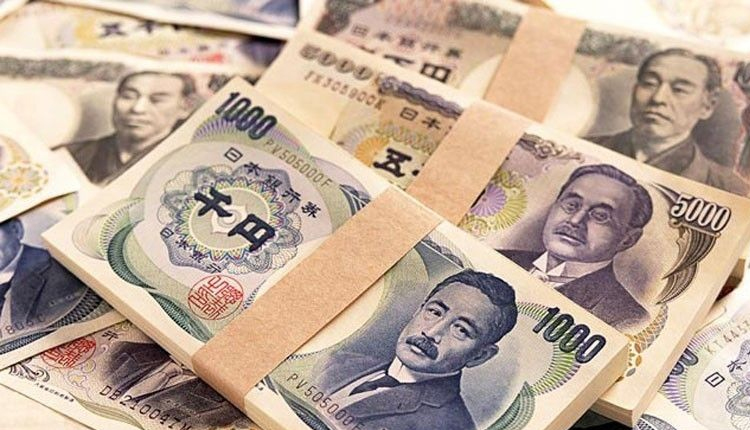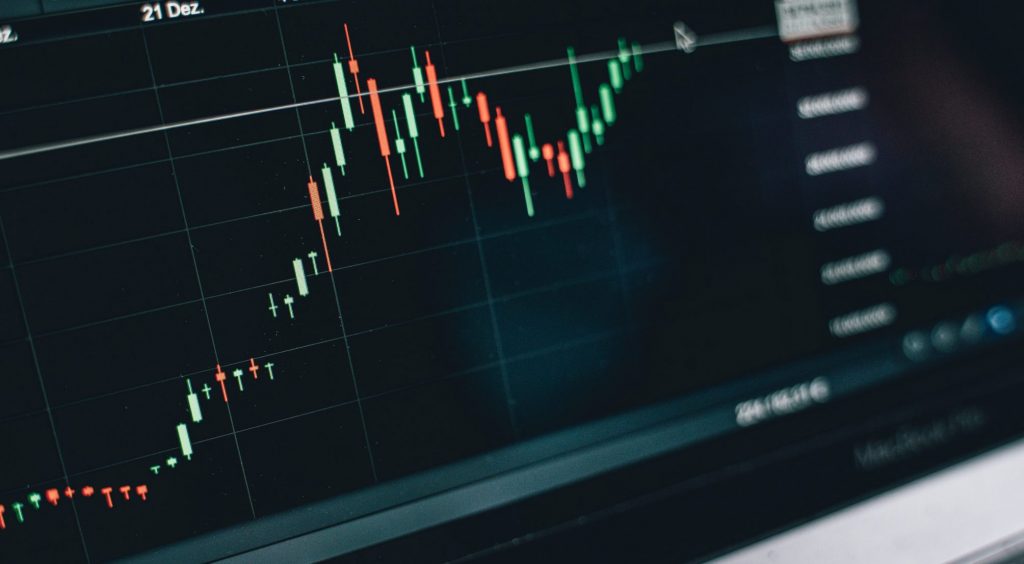Egypt has approved the issuance of $500 million in Samurai bonds as part of its efforts to address a severe economic crisis caused by a US dollar liquidity shortage lasting for more than 18 months. These yen-denominated bonds, with a five-year maturity, will be issued by the Ministry of Finance in the Japanese market to attract Asian investors.
This marks Egypt’s second issuance of Samurai bonds, following a similar issuance in April last year. Egypt was the first Middle Eastern country to issue such bonds, with the initial issuance aimed at mitigating the economic impacts of the Russian-Ukrainian conflict that began in March 2022.
Samurai bonds are debt securities issued in the Japanese market by foreign entities, including governments and enterprises. They offer good liquidity in the Japanese market and can feature fixed or variable interest rates and various maturity periods, Banking expert and the CEO of Alraya Consulting, Hany Abou-El-Fotouh, explained to Business Monthly. These bonds are crucial for Egypt’s challenging economic situation and provide access to the international market, he added.
The Ministry of Finance’s strategy aims to extend debt maturity, reduce the cost of external debt, and ultimately lower financing costs.
“The action will definitely contribute to boosting the economic and trade ties between Egypt and Japan, which would alleviate the financial burdens on Egypt and provide finances with a lower cost compared to other markets,” Abo-El-Fotouh explained.
Egypt is facing significant economic challenges, with the International Monetary Fund (IMF) estimating a financing gap of $17 billion through 2026 and the Egyptian government projecting a debt-to-GDP ratio of 95.6 percent for fiscal year 2022/2023. The government is actively seeking $1.5 billion in external financing for 2023.
Since March 2022, Egypt has been grappling with a severe US dollar liquidity shortage in the local market due to factors such as higher interest rates in the United States and a sharp depreciation of the Egyptian pound. This shortage has led to a robust parallel market for foreign currency, with a significant disparity between official and black market exchange rates. The dollar traded at EGP 31 in banks, yet hovered over EGP 41 in the informal market.
“Bond securities are imperative tools that enable the governments to meet their financial obligations, particularly amid times of challenging economic situation like what Egypt is experiencing in the time being,” Abo-El-Fotouh stressed.







